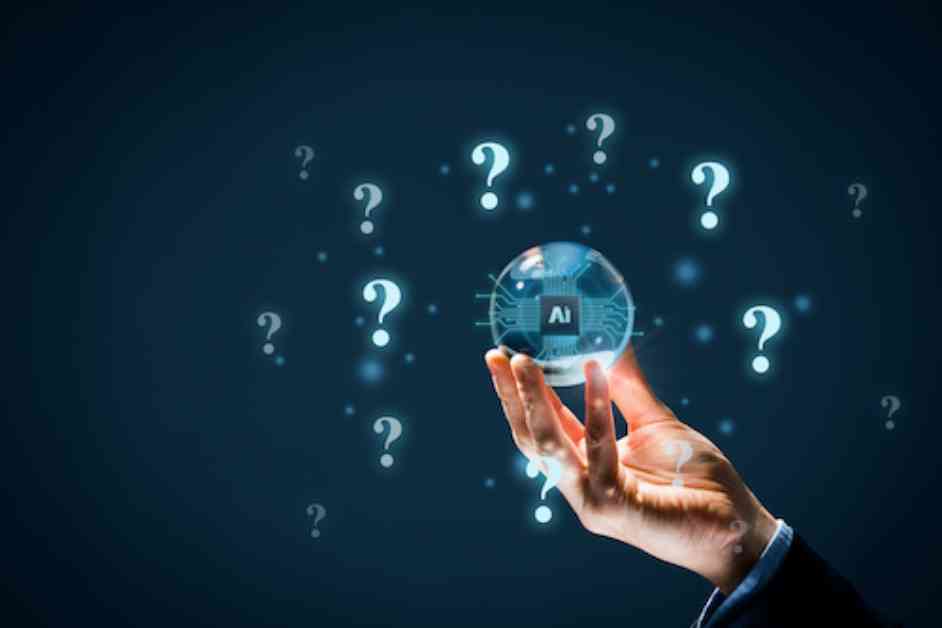2025 AI Predictions: Transforming Education
In the rapidly evolving landscape of education technology, Artificial Intelligence (AI) is set to revolutionize the way students learn, teachers instruct, and institutions operate. As we look ahead to 2025, a panel of experts and industry leaders have shared their predictions on the future of AI in education, offering insights into the transformative potential of this cutting-edge technology.
Unlocking Potential with Generative AI
One key trend expected to shape the educational landscape in 2025 is the widespread adoption of generative AI technologies. According to Deb Adair, CEO of Quality Matters, online program leaders will harness the power of generative AI to streamline instructional design processes, enabling faculty and instructional designers to create online courses more efficiently and effectively. By automating time-intensive tasks and enhancing scalability, generative AI holds the promise of transforming the online learning experience, provided that ethical guidelines are rigorously maintained.
Challenges and Opportunities in US Education
Scott Anderberg, CEO of Moodle, highlights the complex dynamics facing education in the United States in 2025. As decision-making power shifts to states, educators will grapple with the dual challenge of increased autonomy and responsibility. While localized innovation may flourish, the risk of uneven standards looms large, with some states lowering benchmarks to address resource constraints. Anderberg emphasizes the pivotal role of AI in addressing systemic challenges, but cautions that fragmented adoption could exacerbate inequities across districts.
The Rise of Chatbots and Personalized Learning
As chatbots become increasingly sophisticated, students are embracing these interactive tools for personalized support. Brad Barton, CTO of YouScience, predicts that chatbots will play a central role in classrooms, tutoring platforms, and educational apps, enhancing student engagement and learning outcomes. Additionally, AI-driven tools will revolutionize test preparation and course planning by leveraging data and predictive analytics to create tailored learning pathways for students and educators.
Empowering Educators with AI
Looking ahead to 2025, Levi Belnap, CEO of Merlyn Mind, envisions a shift towards practical AI solutions that seamlessly integrate into the learning environment, enhancing teacher-student interactions. By prioritizing tools that sustain student attention and engagement, educators will have greater flexibility and control over digital resources, fostering meaningful connections with students. Belnap underscores the importance of technology supporting human connections at the core of effective learning, rather than supplanting them.
In conclusion, the 2025 AI predictions for education paint a dynamic picture of innovation, challenges, and opportunities on the horizon. As educators, students, and institutions embrace the transformative potential of AI, the key lies in fostering equitable access, ethical practices, and human-centered approaches to leverage technology for meaningful educational outcomes.

